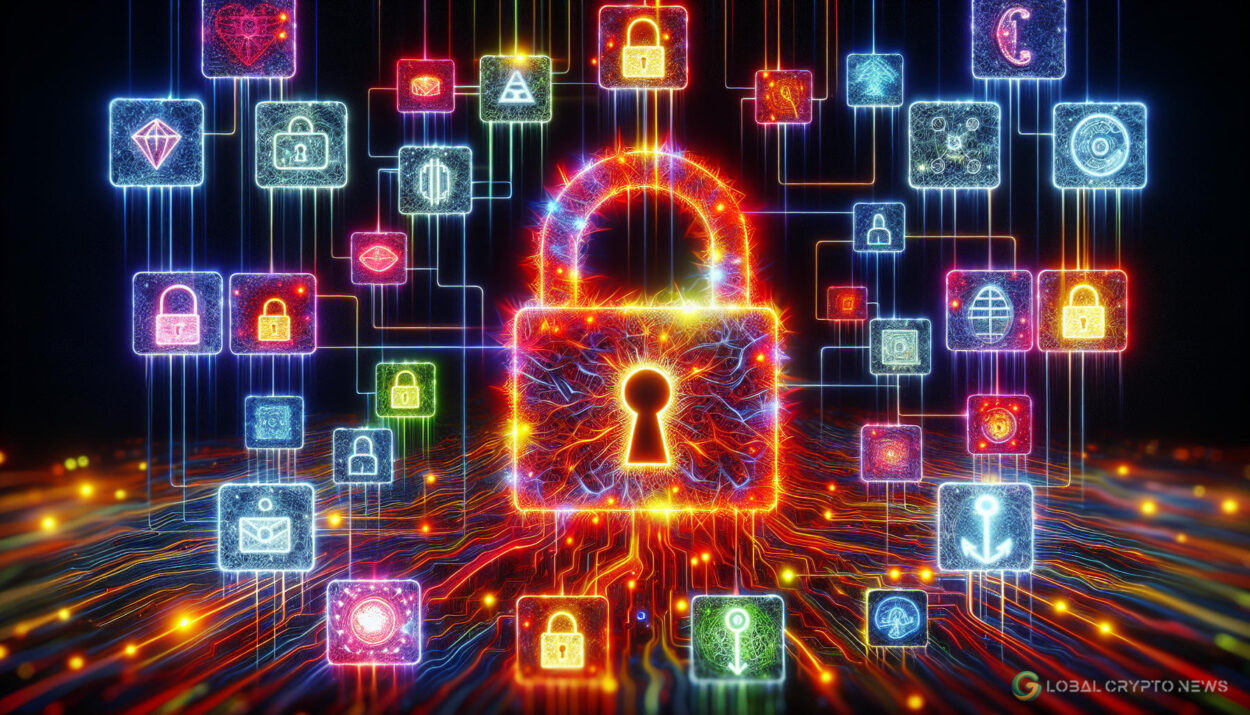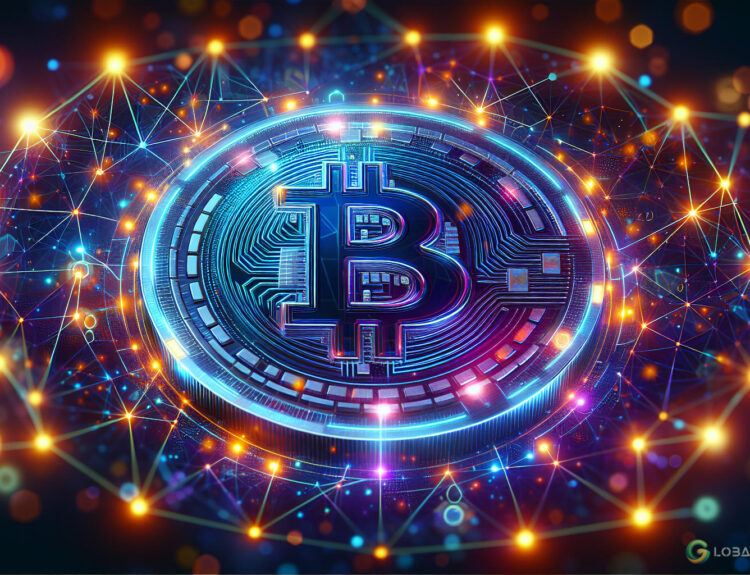The U.S. government recently conducted a study on the impact of nonfungible tokens (NFTs) on intellectual property (IP) laws in the United States. The study, conducted by the U.S. Copyright Office and Patent and Trademark Office (USPTO), highlighted the prevalence of piracy and trademark infringement on NFT marketplaces.
The study found that NFT technology does not prevent unauthorized copying, leading to trademark infringement and misuse on NFT platforms. The decentralized and anonymous nature of NFT platforms further complicates trademark enforcement efforts.
Despite these challenges, the USPTO and the U.S. Copyright Office concluded that changes to IP laws are not currently necessary. Existing enforcement tools are deemed sufficient to address NFT-linked infringements, similar to other online infringements.
Under Secretary of Commerce for Intellectual Property and USPTO Director Kathi Vidal emphasized that NFTs offer unique opportunities for creators to leverage their IP rights while also posing new challenges in protecting their work. The report also highlighted consumer confusion about IP rights and the legal status of smart contracts, suggesting that education and consumer protection are more effective solutions than IP law changes.
While there were no specific proposals for incorporating NFTs or blockchain technology into U.S. patent and trademark registrations, their potential applications will continue to be explored.
The study was initiated in response to a 2022 request from an IP subcommittee of the U.S. Senate Judiciary Committee. Despite recent increases in Ether (ETH) prices, NFT markets have yet to recover, with floor prices of top collections continuing to decline and a significant drop in sales volume.
For more updates and news on the evolving landscape of cryptocurrencies, investing, and finance, visit Global Crypto News.






















